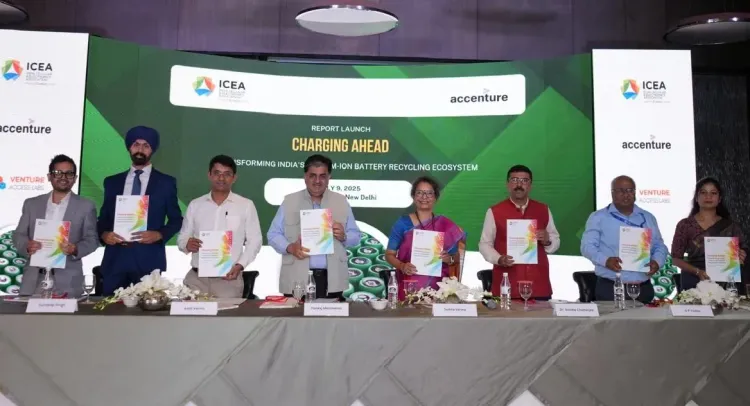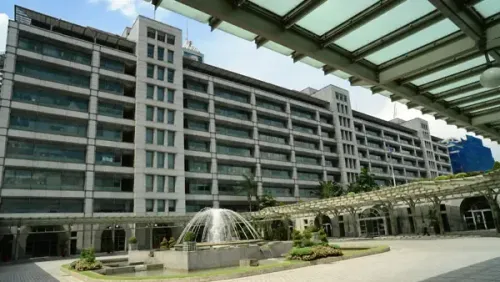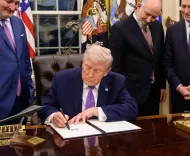Can India Build a $3.5 Billion Domestic Circular Battery Economy by 2030?

Synopsis
Key Takeaways
- India can develop a circular battery economy valued at $3.5 billion by 2030.
- Only 1% of lithium-ion batteries are currently recycled.
- 41,000 green jobs could be created in the recycling sector.
- 75,000 tonnes of carbon emissions can be reduced annually.
- 14% of battery-active material demand could be supplied through recycling.
New Delhi, July 9 (NationPress) India is poised to establish a domestic circular battery economy valued at $3.5 billion by the year 2030, driven by the surging demand for electric vehicles (EVs), consumer electronics, and energy storage systems, according to a report released on Wednesday.
Currently, India recycles merely 1 percent of its end-of-life lithium-ion batteries into reusable materials. This dismal recovery rate highlights a significant environmental challenge and a substantial economic opportunity waiting to be realized.
The report, unveiled by the India Cellular and Electronics Association (ICEA) in collaboration with Accenture, outlines a strategic framework to cultivate a domestic circular battery economy worth $3.5 billion by 2030.
“Sustainability represents one of the most lucrative economic prospects of our era. The recycling of batteries occupies a crucial position at the crossroads of India’s environmental goals and its strategic autonomy concerning essential minerals,” stated Pankaj Mohindroo, Chairman of ICEA.
Mohindroo also announced the establishment of the Centre of Sustainability for Pure Earth, which aims to tackle various sustainability-related issues.
The report emphasizes the transformative potential of systematic reforms in India’s lithium-ion battery (LIB) recycling ecosystem. By adopting key recommendations, the recycling sector could generate up to 41,000 green jobs throughout the value chain by 2030.
It also anticipates an annual decrease of 75,000 tonnes in carbon emissions, equivalent to removing 60,000 vehicles from Indian roads, along with water conservation of 5.7 billion gallons—sufficient to satisfy the yearly needs of a city housing half a million residents.
A robust recycling ecosystem could also fulfill 14 percent of India’s demand for battery-active materials, bolstering the nation’s strategic independence and decreasing reliance on imports of critical minerals such as lithium, cobalt, and nickel.
As per Sunita Verma, Scientist-G and Group Coordinator at the IT Ministry, the report addresses a pivotal aspect of India’s electronics and energy transition.
“At MeitY, we are dedicated to promoting a circular economy through homegrown technologies, formalizing the recycling sector, and enhancing capacity across the value chain. The Centre of Excellence at C-MET Hyderabad is already assisting over 25 industries in lithium-ion battery recycling,” she informed.










